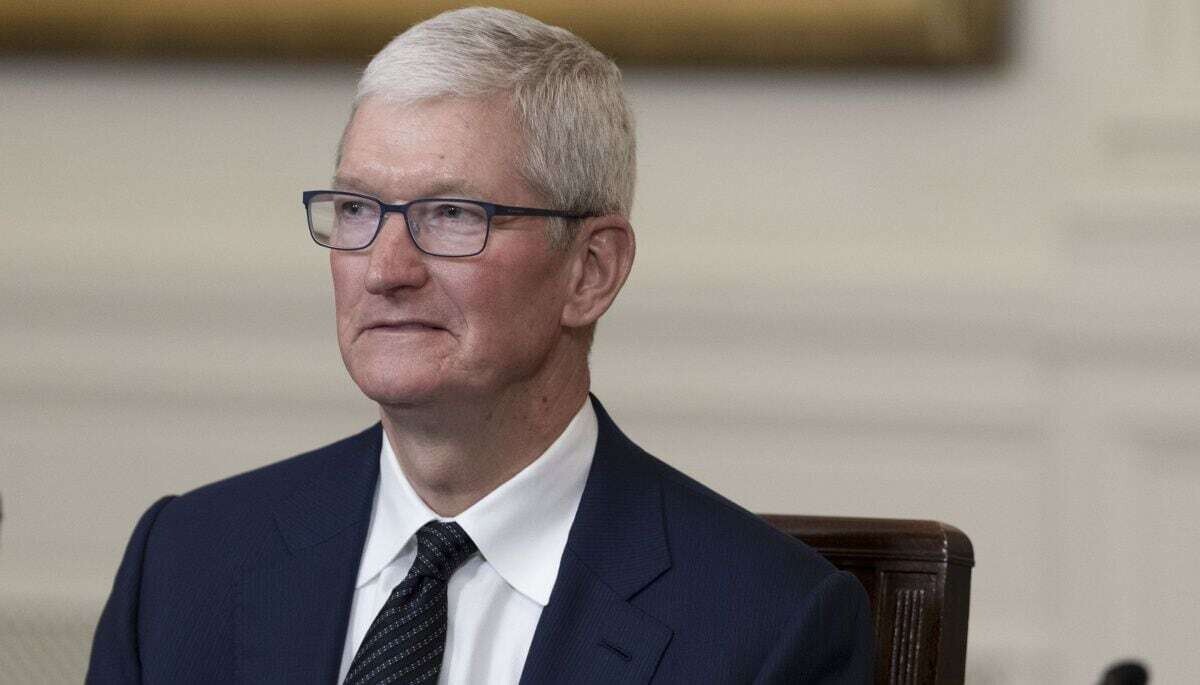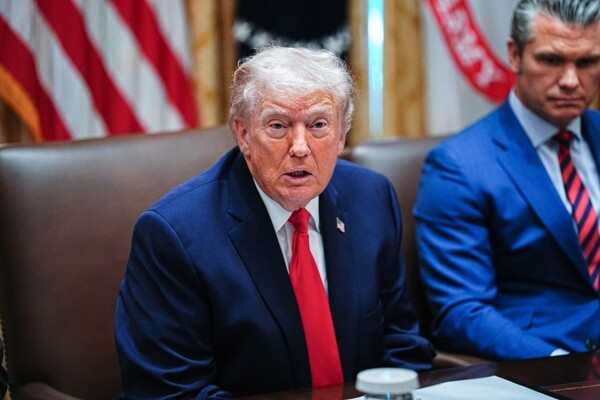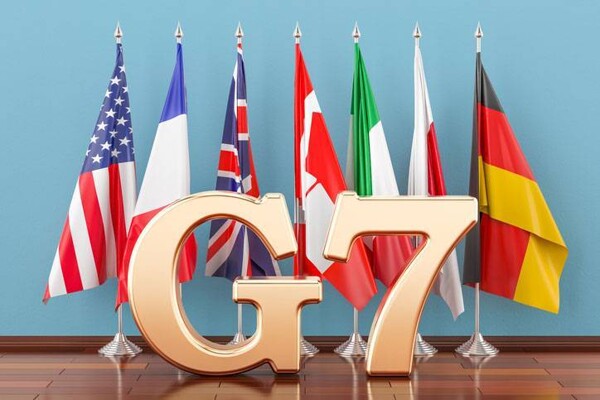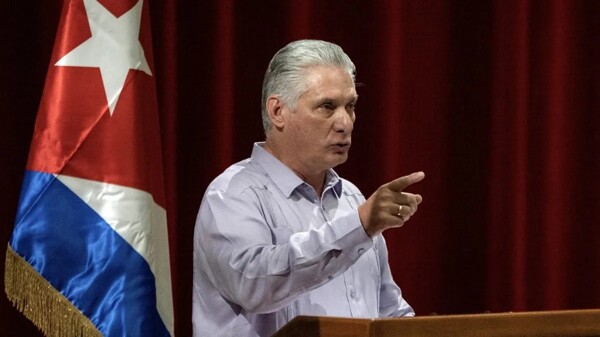
President Donald Trump declared that Apple Inc. CEO Tim Cook assured him that the company's manufacturing would be relocated from Mexico to the United States during a meeting at the White House. According to Trump, potential investments in the U.S. by Apple were also discussed. "They don’t want to be subject to tariffs," Trump mentioned regarding the company's stance.
Cook is known for maintaining a close relationship with the president, having attended significant events and seeking to influence important decisions. However, Cook's company finds itself in a delicate position due to the escalating trade dispute between the United States and China. The tariffs imposed by Trump represent a challenge for Apple at a time when iPhone sales are experiencing a slowdown.
Although Trump claimed that Apple would close plants in Mexico and move its production to the United States, there was no specification as to which facilities he was referring. Foxconn Technology Group, responsible for manufacturing Apple's iPhones, already has a significant presence in Mexico and has announced expansion plans in the country. So far, an Apple representative has not provided comments on this matter.
China, as Apple's main manufacturing hub, is evaluating the company's policies, including the fees it charges app developers. Meanwhile, the United States remains Apple’s largest market. During Trump's first term, Cook managed to obtain tariff exemptions for the company's iPhone, benefiting from his relationship with the president.
Despite these advancements, Trump has hinted at the possibility of imposing new blanket tariffs on imported products. In this regard, relations between the U.S., China, and Mexico regarding Apple's manufacturing and trade could be affected. Cook has expressed his interest in working closely with the administration to foster innovation and creativity in the United States, although he has also had disagreements with Trump, especially on issues of privacy and access to encrypted user data. Apple has defended its stance of not creating backdoors in its devices, arguing that it would compromise user security.














